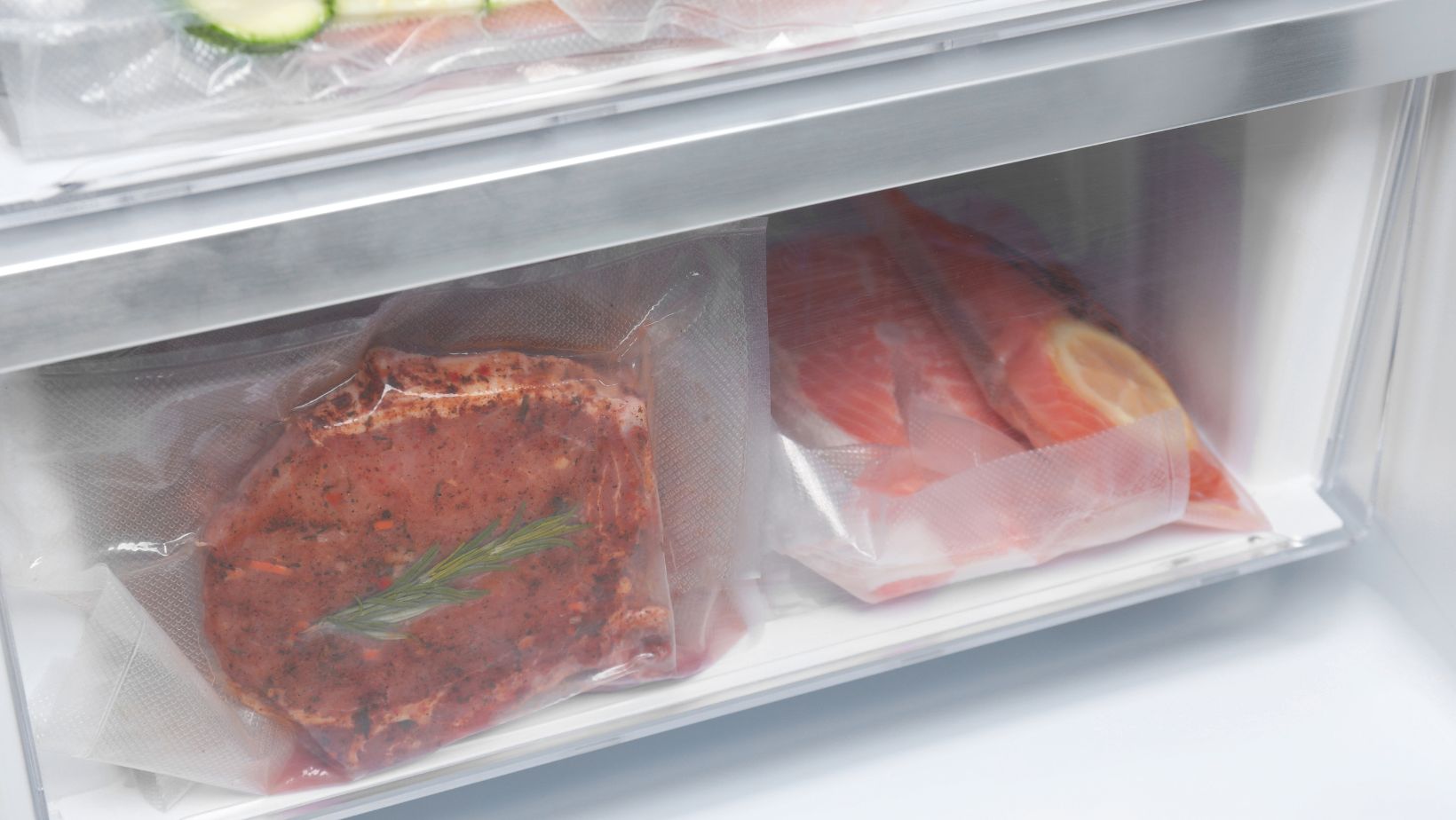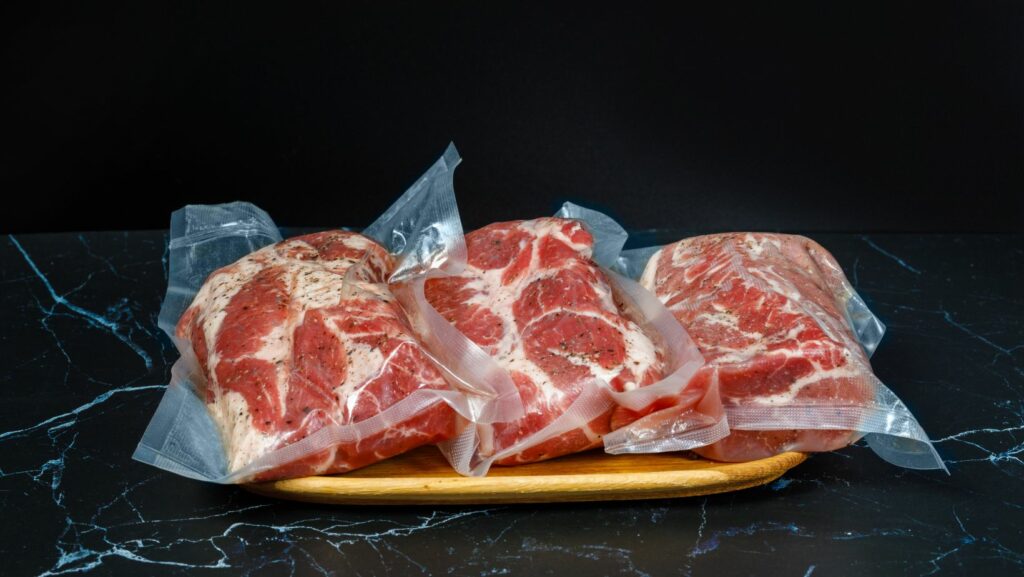Table of Contents
ToggleHow Long Can Vacuum Sealed Meat Last in the Freezer
Curious about how long vacuum-sealed meat can last in the freezer? Well, let me break it down for you. When properly sealed and stored, vacuum-sealed meat can remain in the freezer for an extended period of time, preserving its freshness and quality.
One of the key benefits of vacuum sealing is that it helps to prevent freezer burn. By removing all the air from the packaging, you eliminate the risk of moisture loss and oxidation, which are the main culprits behind freezer burn. As a result, your meat stays tender, flavorful, and free from any unsightly discoloration.
So how long can vacuum-sealed meat last in the freezer? The answer depends on several factors such as the type of meat, storage conditions, and whether it was cooked or raw before being sealed. Generally speaking, most types of vacuum-sealed meats can be safely stored in the freezer for anywhere between 6 months to a year. However, some meats like beef and pork can last even longer – up to 2 years – if they are properly sealed and stored at a constant temperature below freezing.
Remember, while vacuum sealing greatly extends the shelf life of your meat, it’s always important to use your best judgment when determining its freshness. If there are any signs of spoilage or an off odor when thawing or cooking your frozen meat, it’s best to discard it rather than take any chances with food safety.
In conclusion: properly vacuum-sealed meat can last anywhere from 6 months to 2 years in the freezer depending on various factors such as type of meat and storage conditions. It’s always wise to check for signs of spoilage before consuming frozen meats that have been stored for an extended period.

Proper Storage of Vacuum Sealed Meat
When it comes to preserving meat in the freezer, vacuum sealing is a popular method that can extend its shelf life. However, it’s important to follow proper storage practices to ensure the best quality and safety of the meat. Here are some guidelines for storing vacuum sealed meat:
- Freezer temperature: Set your freezer temperature at or below 0°F (-18°C) to maintain optimal conditions for frozen food storage.
- Preparation: Before vacuum sealing the meat, make sure it is fresh and properly trimmed. Remove any excess fat or gristle, as these can lead to rancidity over time.
- Packaging: Use high-quality vacuum-seal bags designed specifically for freezing food. These bags provide an airtight seal that prevents moisture loss and protects against freezer burn.
- Labeling: Clearly label each package with the contents and date of packaging. This will help you keep track of when the meat was stored and ensure that older packages are used first.
- Stacking: Arrange vacuum sealed meat packages in a neat and organized manner in your freezer. By stacking them upright or laying them flat, you’ll maximize space efficiency while minimizing the risk of damage from shifting items.
- Avoid overcrowding: Allow sufficient airflow around each package by avoiding overcrowding in your freezer. This ensures that cold air circulates evenly, maintaining consistent temperatures throughout.
- Rotation: To prevent prolonged storage, practice a first-in-first-out (FIFO) system where you use older packages before newer ones. This helps avoid potential spoilage or degradation due to extended storage periods.
- Storage duration: While vacuum sealed meats can last longer than traditional packaging methods, it’s recommended to consume them within 6-12 months for optimal quality and taste.
Remember that these guidelines are general recommendations and actual storage times may vary depending on factors such as the type of meat, quality of packaging, and freezer conditions. If you notice any signs of spoilage, such as off odors or discoloration, it’s best to discard the meat to ensure food safety.

